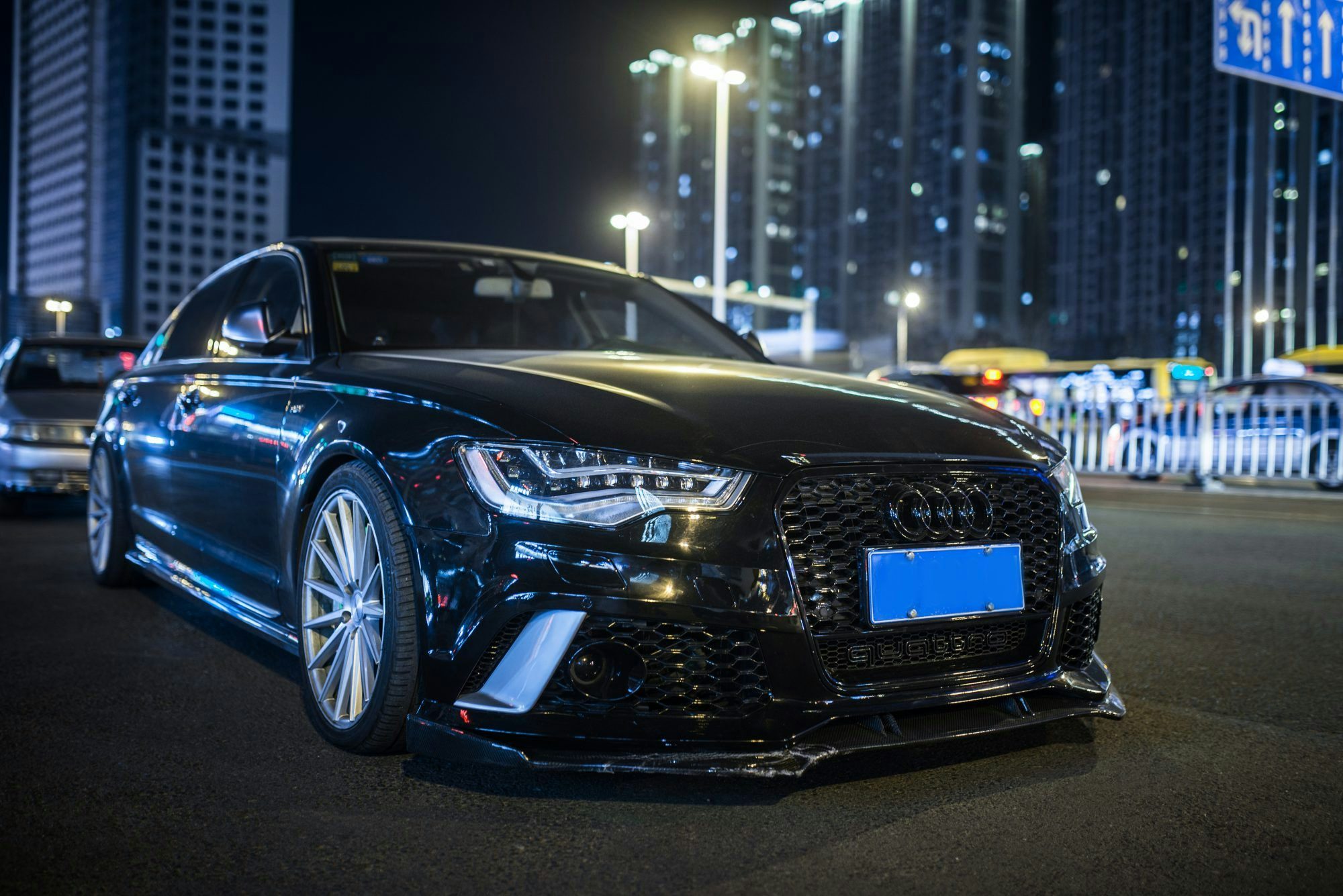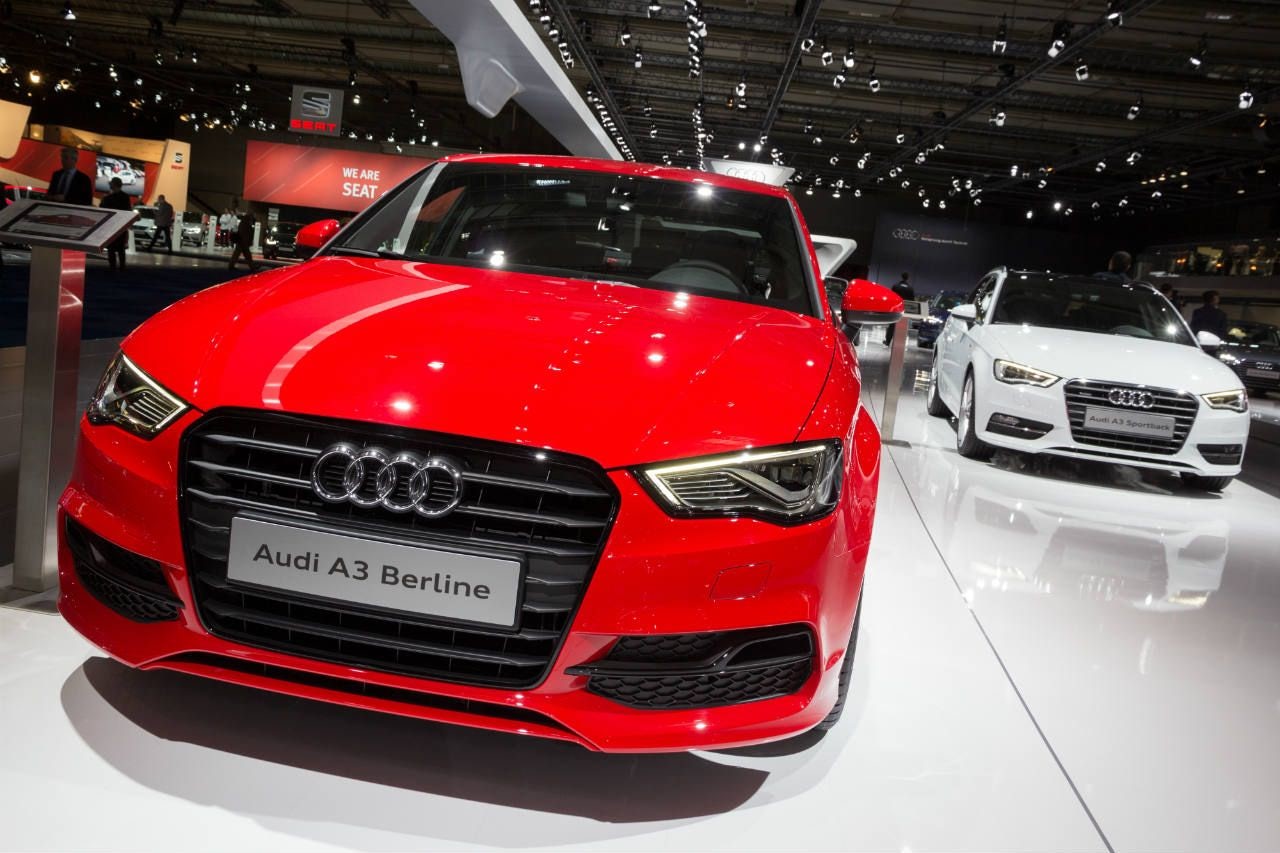Luxury car brand Audi’s sales in China dropped 12 percent in the first half of 2017, according to FAW-Volkswagen Automobile, the Sino-German joint venture that operates the brand.
FAW-VW sold 253,635 Audi cars from January to June, down 12.2 percent from the same period last year, according to the company, which held a press conference on Friday. However, sales recovered a little in June. With a two-percent year-on-year increase, it was the first month since last December that Audi’s sales were higher than the same month a year ago. A spokesperson for the company, Liang Liang, said, according to China Daily, that sales had been increasing month-on-month since February.
“Audi’s market performance has stabled and is showing signs of recovery,” said Liang at the conference.
That didn’t sound very assuring, though. Ever since it entered the China market in 1988, Audi has been the unquestionable king of luxury car brands, taking up almost one third of the luxury car market share in recent years. But in January, that changed. That month, the company reported a record sales slump of 35 percent and fell behind Benz and BMW for the first time in the China market.
The sudden slump was largely due to a dispute between Audi and its own dealers that broke out late last year. As China’s luxury car market became saturated, and competition fiercer, Audi dealers grew increasingly discontented about their declining profits.
The news that Audi would be partnering up with another big Chinese automaker triggered protest by dealers. This deal would make current dealers face more competition from new Audi dealers, eating away at their already thin profits. The dispute has not been resolved, but the involved parties have been negotiating, hence the rebound of Audi sales in June.
Even if this dispute is resolved, however, other problems persist. The rebound in June enabled Audi to retake the first place in the China market, but it was followed by Benz, which reported a 34.5-percent jump in the first six months of 2017, and BMW, which reported an 18-percent increase.
More serious than the dealership problems, though, are those pointed out by analysts: Audi's allure with younger consumers in big cities is waning, and the company is suffering from internal management problems. In the ever more competitive China market, it seems both Benz and BMW are on the right track, while Audi needs to figure out how to navigate its much-needed transformation.


